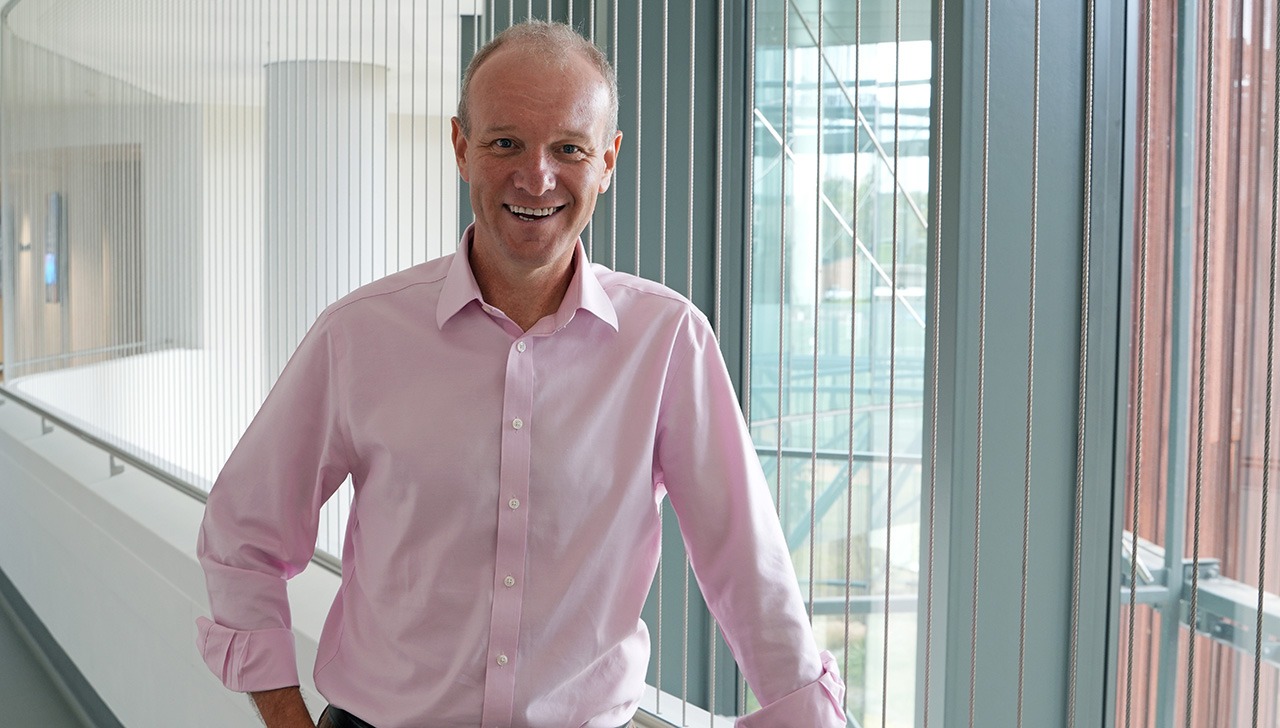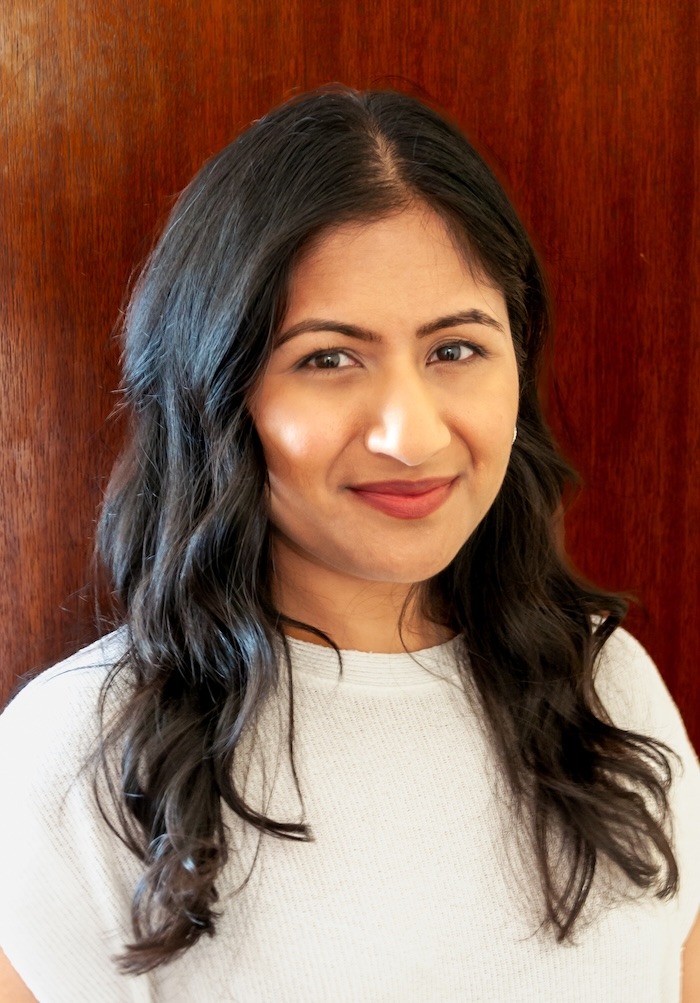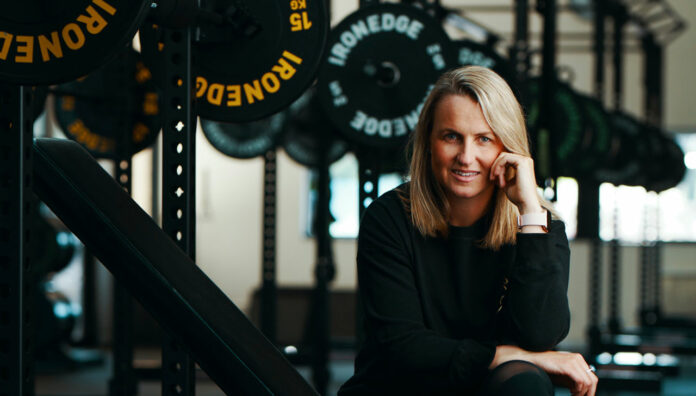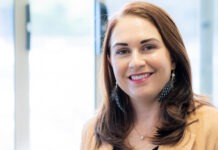For former athletics star Emily Shears MPS, combining sport and pharmacy set her on track to help other female athletes reach peak performance.
What led you to pharmacy?
I fell into it. I commenced my tertiary education with medical science, and after completing the first year, I knew I needed a change. I chose a Bachelor of Pharmacy at the University of Sydney and was offered a sports scholarship. It’s one of the best decisions I’ve made.
Could you describe your career path?
In a word: atypical. I graduated knowing I wanted to bring my passion for sport together with pharmacy. Rather than embarking on my intern year immediately, I completed a Graduate Diploma in Exercise Science. I eventually completed my intern year and gained registration, before embarking on a Master of Education.
In 2010, I became a managing partner at two pharmacies in Melbourne. I transitioned one of the businesses into a compounding pharmacy and, despite the successes that came from this, I still felt unrest with the path I was forging. I sold my share of the partnership in 2015.
Why did you start the Female Athlete Network (FAN)?
It came together during lockdown last year, when I had the time to reflect on my strengths and skill set. I am a former athlete with extensive clinical and sports science knowledge who has seen firsthand the knowledge gap among women when it comes to their physiology.
This is only amplified in athletes, and I saw an opportunity to service a niche market. The FAN is a source of education for female athletes to better understand their physiology and use this to achieve peak performance. The majority of education is centred around understanding the menstrual cycle – what’s healthy, what’s not. When I was an athlete, this information and support was not available, and rather than being a monthly insight into your health, your period was viewed as a barrier that needed to be dealt with quietly. How little we knew!
How does your pharmacy background help in this work?
Pharmacy knowledge is integral to what I do. On a daily basis, I conduct medicine reviews of sorts – I just work with a younger demographic who have different goals. I collaborate with other healthcare professionals and provide health advice to my clients. I feel that many who have worked in community pharmacy for an extended period of time underestimate the depth and breadth of their clinical knowledge, and their ability to educate.
What role has sport played in your life?
Sport has allowed me to travel, taught me time management and commitment, and the importance of hard work and perseverance. It has also taught me so much about physiology and biology, stress and pressure to perform.
I still recall asking Professor Andrew McLachlan in the halls of the School of Pharmacy to be a referee for me to gain entry into the Master’s. He said that while it might not be the usual path for a pharmacist, there are so many obvious crossovers, particularly at high levels. He probably does not know how motivating that 60-second conversation was for me as a graduate wanting to go against the grain.
Tell us about your new role as Wellbeing Coordinator of the Geelong Falcons.
I’m responsible for the wellbeing and mental fitness of the boys and girls under-19s AFL/AFLW players. This role is a huge responsibility and challenge. The ability to communicate at a clinical level with colleagues, and to relay health information to players in a language they understand, has come from years of talking to patients and health professionals in a community pharmacy setting.
What advice would you give to early career pharmacists?
Have faith in your passion and ability. Just because something hasn’t been done before doesn’t mean it can’t happen.
What do you still hope to achieve?
Big picture, I hope that in the future every professional sporting organisation has a women’s health lead who is there to collaborate with medical staff and educate coaching and support personnel, along with players, and that the conversation around female physiology is no longer taboo.
In the short term, I’m going to knuckle down and gain board certification as a pharmacist with the Australian Society of Lifestyle Medicine in 2021.
DAY IN THE LIFE of Emily Shears MPS, founder of the Female Athlete Network (FAN) in Torquay, Victoria.6.00 am – An early start Start the day with exercise. If not at the gym, then the beach for a walk or swim with our dog, Piper. No better way to start the day. 7.30 am – Kicking off Breakfast with the kids and time to get the first FAN Instagram post up. Given the target demographic, I’ve had to get my social media skills up to speed (it’s a work in progress). 9.00 am–11.00 am – Client consultations One-on-one consults with athletes, talking through information from new patient questionnaire – there’s always more to see and hear than what’s on paper. One athlete with history of amenorrhoea, dysmenorrhoea and RED-S was taking naproxen for period pain, ibuprofen for back, knee and migraine pain, and celecoxib for neck pain, and unaware this anti-inflammatory cocktail was likely causing her gastritis and GORD. Discussed immediate reduction, trialling a triptan, ceasing ibuprofen and initiating paracetamol 665 mg. Discussed magnesium supplement and compounded topical cream, and blood tests to further understand issues (calcium, iron, and vitamin D deficiencies, parathyroid, estrogen, progesterone, thyroid function). 2.00 pm – Report writing Report writing from consults, usually involving some level of medicine review, and phone calls to practitioners if referring a patient/making recommendations requiring collaboration. Contact an endocrinologist with additional qualifications in exercise sport science and a psychologist specialising in women’s health re athlete above. 5.00 pm – 6.00 pm – Attend training Attend Geelong Falcons training. Catch up with players who have requested to talk through mental fitness needs or want general health advice. Many have concerns about the year ahead and managing study and football. Conversation around tools to assist with maintaining good mental fitness. As stressors for these athletes evolve, so too will the presenting challenges and need to problem-solve. 6.30 pm – Winding down Dinner with family. Try for some time for my own mental health – usually a stretch on the foam roller or quick Pilates session. 8.00 pm – Bedtime reading Before bed is when I tuck into my CPD reading, write education sessions or prep Instagram posts. |
Explore new paths at www.psa.org.au/careerpathways



 Professor Stephen Nicholls[/caption]
Professor Stephen Nicholls[/caption]




 From centre: PSA SA/NT President Manya Angley FPS, Matthew Gillespie and Minister for Health and Wellbeing Chris Picton MP[/caption]
From centre: PSA SA/NT President Manya Angley FPS, Matthew Gillespie and Minister for Health and Wellbeing Chris Picton MP[/caption]

 Pooja Jadeja MPS[/caption]
Pooja Jadeja MPS[/caption]








